The International Calendar 2025: A Comprehensive Overview
Related Articles: The International Calendar 2025: A Comprehensive Overview
- Robertson County School Calendar 2020-2021: A Comprehensive Overview
- Calendario 2025 Mes De Julio
- Waterproof Paper Calendar 2025: A Durable And Eco-Friendly Timekeeper
- The Sierra Club 2012 Engagement Calendar: A Visual Journey To Protect The Planet
- सितंबर 2025 कैलेंडर हिंदी में
Introduction
With great pleasure, we will explore the intriguing topic related to The International Calendar 2025: A Comprehensive Overview. Let’s weave interesting information and offer fresh perspectives to the readers.
Table of Content
Video about The International Calendar 2025: A Comprehensive Overview
The International Calendar 2025: A Comprehensive Overview

Introduction
The International Calendar is a proposed calendar reform that has been gaining traction in recent years. It was first proposed in the early 1900s, but it was not until the late 20th century that it began to receive serious consideration. The International Calendar is designed to be a perpetual calendar, meaning that it can be used year after year without any changes. It is also designed to be easy to use and understand, and it eliminates many of the irregularities of the current Gregorian calendar.
The Structure of the International Calendar
The International Calendar is a 13-month calendar, with each month having 28 days. The months are named after the 12 months of the Gregorian calendar, plus an additional month called Sol. Sol is placed between June and July, and it is a leap month that occurs every four years.
The weeks in the International Calendar are always the same, and they start on Monday and end on Sunday. This makes it easy to keep track of appointments and events, and it also makes it easier to compare dates from different years.
The Advantages of the International Calendar
The International Calendar has a number of advantages over the Gregorian calendar. These advantages include:
- Perpetual: The International Calendar can be used year after year without any changes. This makes it much easier to plan long-term events, such as vacations and appointments.
- Easy to use: The International Calendar is designed to be easy to use and understand. The months are all the same length, and the weeks always start on Monday and end on Sunday. This makes it easy to keep track of dates and events.
- Eliminates irregularities: The International Calendar eliminates many of the irregularities of the Gregorian calendar. For example, the Gregorian calendar has a leap year every four years, but the International Calendar has a leap month every four years. This makes the International Calendar more accurate and consistent.
The Disadvantages of the International Calendar
The International Calendar also has some disadvantages. These disadvantages include:
- Not widely adopted: The International Calendar is not yet widely adopted, and this can make it difficult to use in some situations. For example, if you are traveling to a country that does not use the International Calendar, you may have to convert dates between the two calendars.
- Can be confusing: The International Calendar can be confusing for people who are used to the Gregorian calendar. The different month names and the addition of a leap month can take some getting used to.
The Future of the International Calendar
The future of the International Calendar is uncertain. It is not clear whether it will ever be widely adopted, but it is a well-designed calendar that has a number of advantages over the Gregorian calendar. If you are looking for a more accurate and consistent calendar, the International Calendar is worth considering.
Conclusion
The International Calendar is a proposed calendar reform that has a number of advantages over the Gregorian calendar. It is a perpetual calendar, it is easy to use, and it eliminates many of the irregularities of the Gregorian calendar. However, the International Calendar is not yet widely adopted, and this can make it difficult to use in some situations. The future of the International Calendar is uncertain, but it is a well-designed calendar that has the potential to become the global standard.
Additional Information
The International Calendar is also known as the World Calendar or the 13-month calendar. It was first proposed by Moses B. Cotsworth in 1849. The International Calendar has been endorsed by a number of organizations, including the World Calendar Association and the International Organization for Standardization (ISO).
There are a number of different versions of the International Calendar. The most common version is the one described in this article. However, there are also versions that have 364 days or 365 days.
The International Calendar is not the only proposed calendar reform. There are a number of other proposals, including the Perpetual Calendar and the Solar Calendar. However, the International Calendar is one of the most well-known and well-supported proposals.

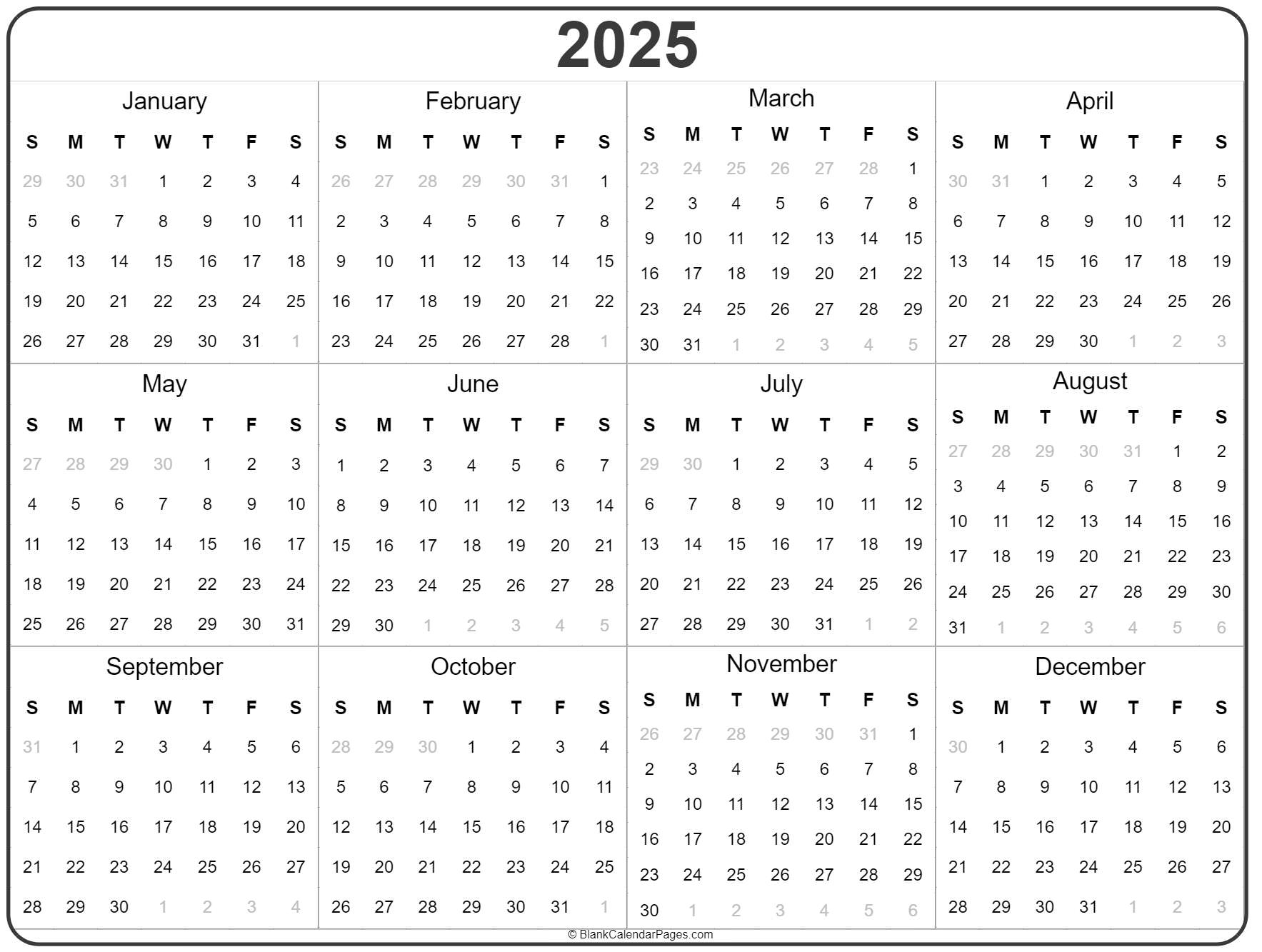
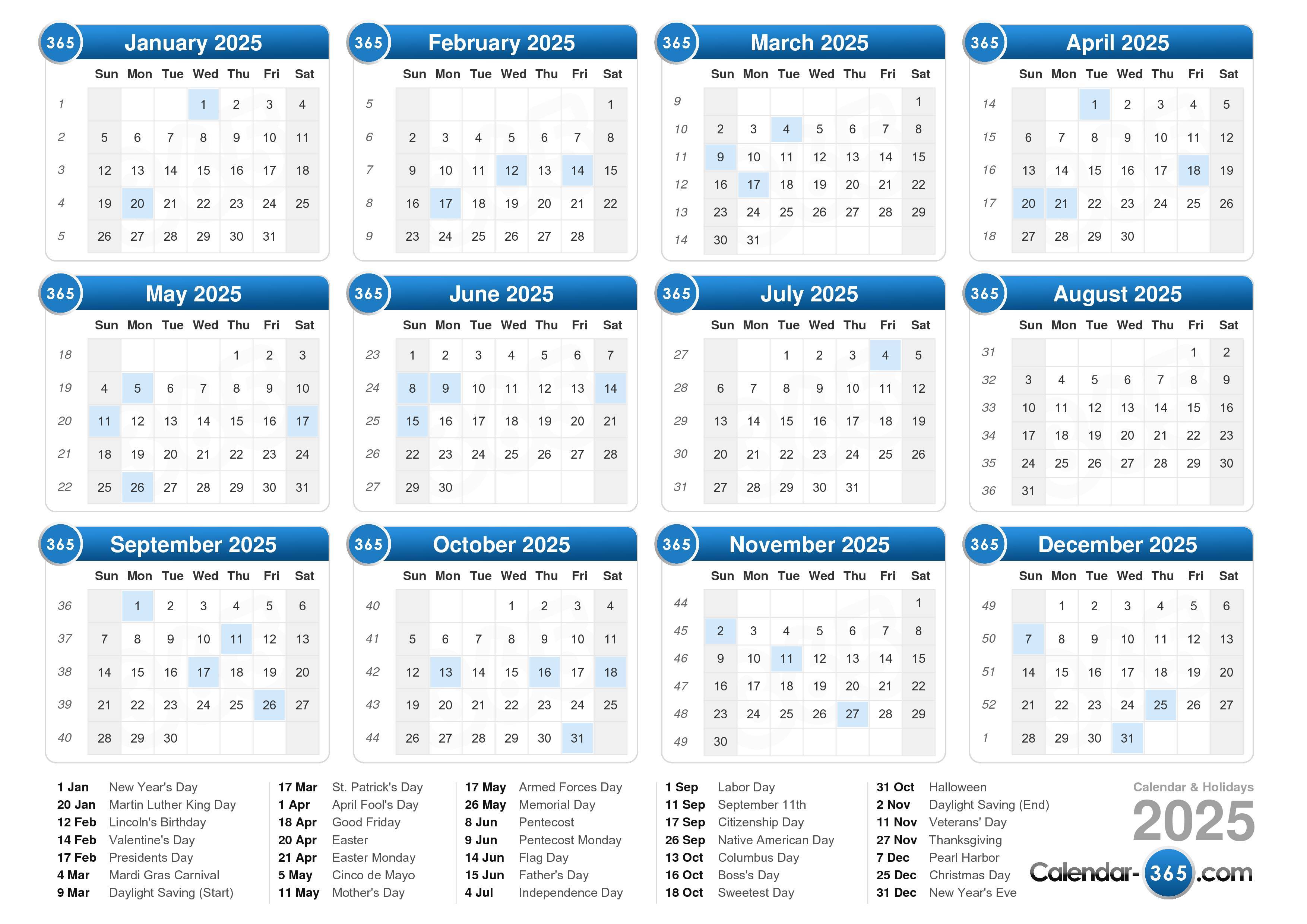
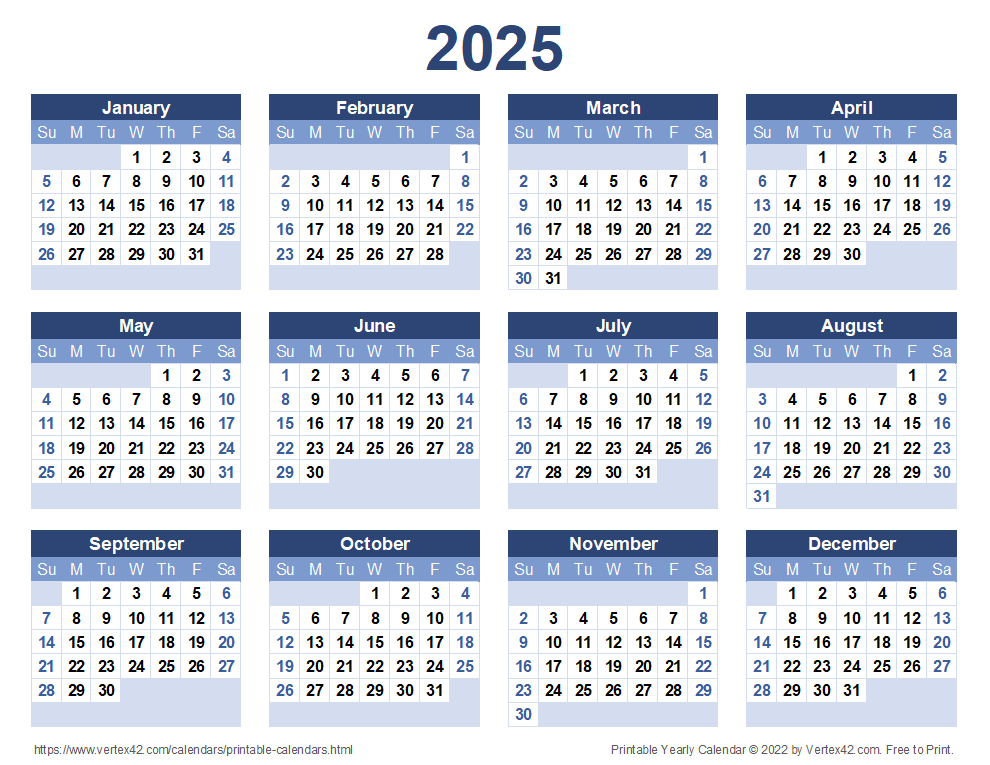
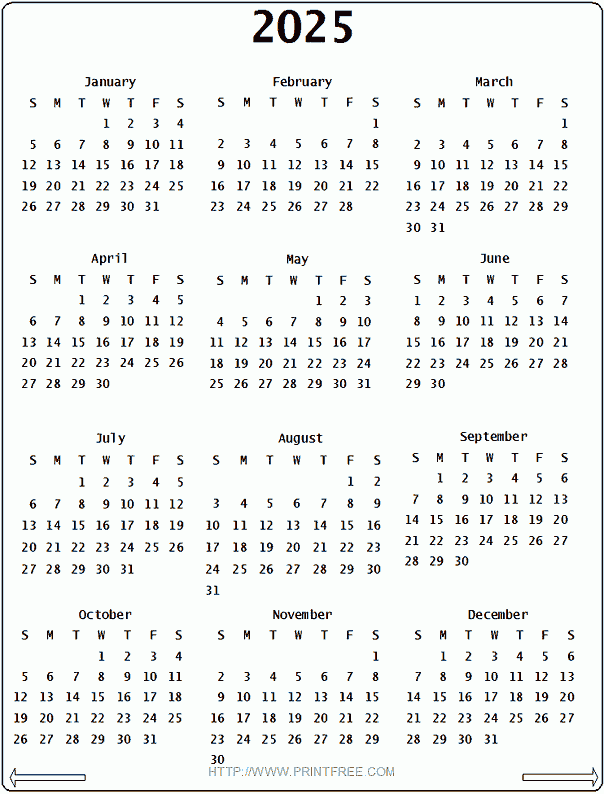
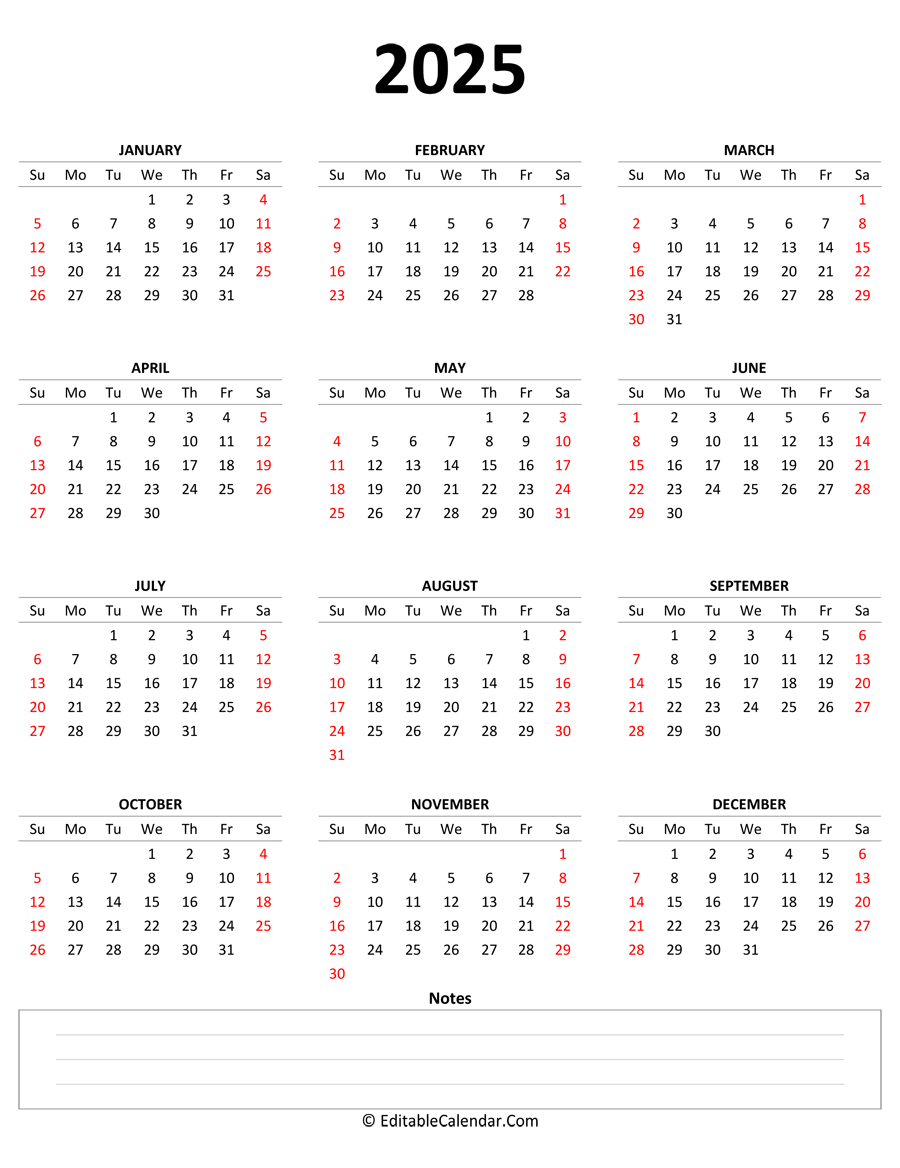
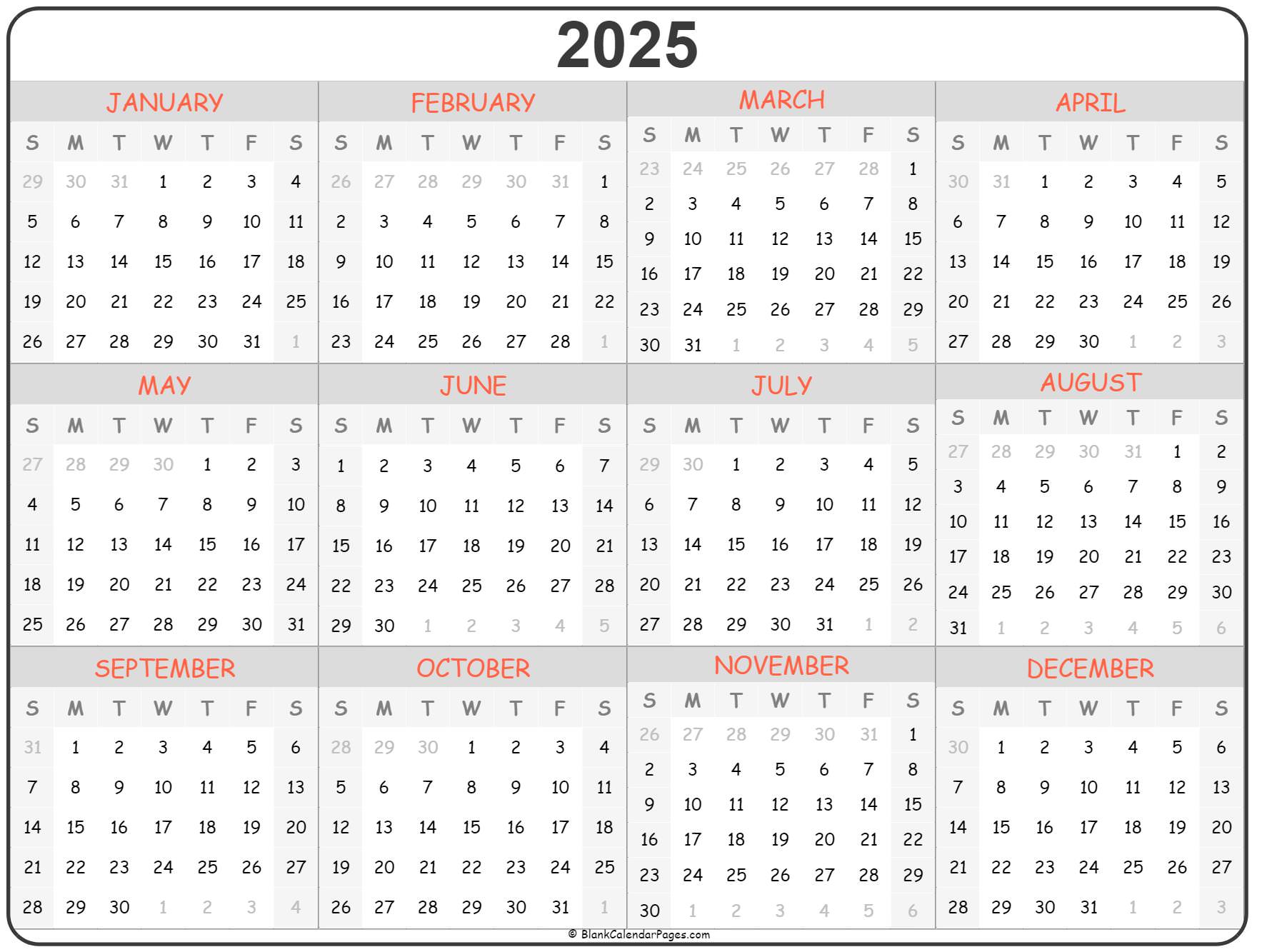
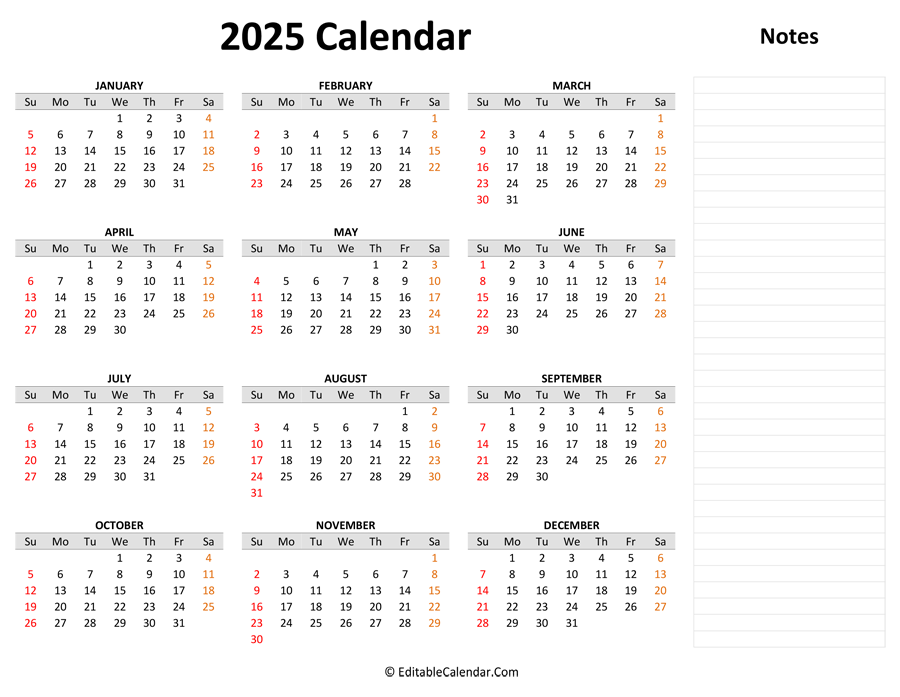
Closure
Thus, we hope this article has provided valuable insights into The International Calendar 2025: A Comprehensive Overview. We appreciate your attention to our article. See you in our next article!